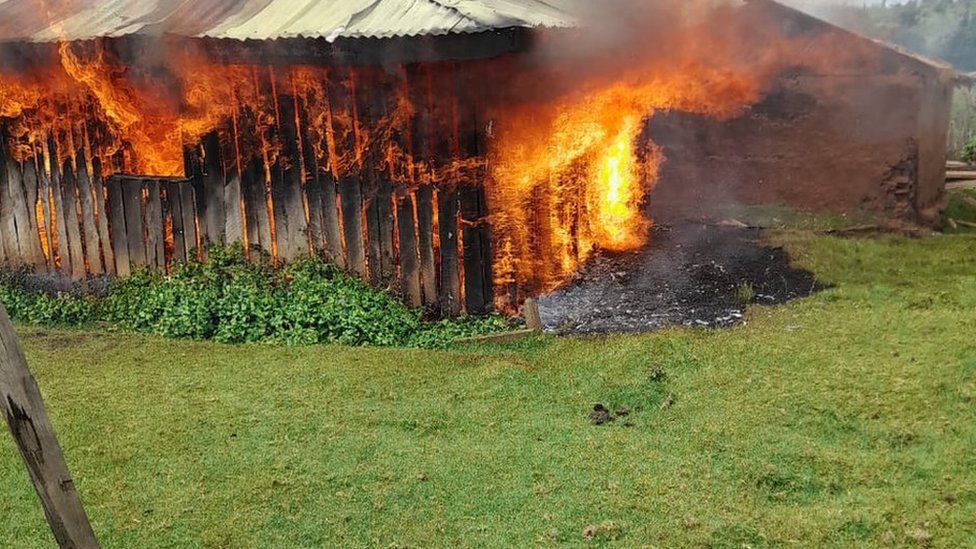-

-
-
Loading

Loading

The Kenyan government is being accused of illegally evicting hunter-gatherers from their ancestral lands in order to profit from carbon offsetting schemes, according to human rights lawyers. Representatives of the Ogiek community claim that hundreds of their members are being forced out of the Mau Forest. Ogiek leader Daniel Kobei stated that armed forest rangers are destroying their homes. The government argues that these operations are necessary to protect the environment. Dr Justin Kenrick from the Forest People's Programme believes that carbon credits and offsetting are driving these actions, as those in control of Africa's forests stand to make significant profits. Lucy Claridge, director of the International Lawyers Project, agrees, suspecting that the evictions are related to carbon credits. She points to recent negotiations between the government and Dubai-based offsetting company Blue Carbon, as well as the government's increased funding for forest conservation. Many scientists argue that the natural world fares better under land managed by indigenous communities. Blue Carbon, however, denied any involvement in the evictions, citing Article 6 of the Paris climate agreement. The Ogiek people have called on the Kenyan government to allow them to remain on their lands, stating that their eviction would not only harm them, but also jeopardize the conservation of other areas. The Ministry of Environment, Climate Change, and Forestry claimed to be aware of the operation but urged the security teams involved to conduct it with humanity. In 2017, the Ogiek won a landmark case against the government's previous attempt to evict them from the Mau Forest. The court ruled that they had the right to live on the land and that the government had violated their rights. The government was ordered to pay reparations to the Ogiek and to consult them regarding any future projects on their land. However, the evictions have, nonetheless, started without warning, affecting approximately 700 people, half of whom are women and children.